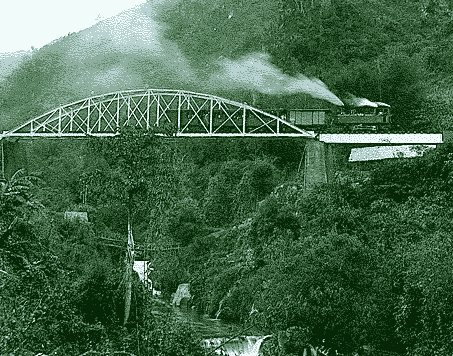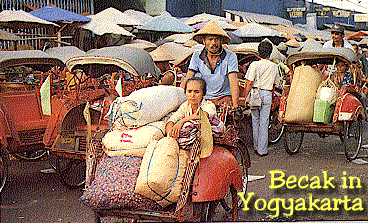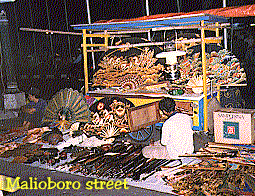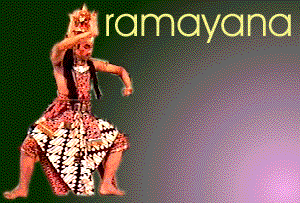
CENTRAL JAVA
At last, through
the heavy tropic darkness, our train came gasping into JOGJA.
That was how the name of our destination was spelt on the outside
of the carriage, and that was what it was always called, through
the correct form was Jogjakarta, or Djokjakarta, or even, in the
full Javanese version, Ngajogjakarta, while Raffles in the History
of Java (1817) spelt it Yug'ya Kerta. The popular abbreviation,
informal and universal, was a sign of the place it held in the
affections of the people - Jogja, the stubborn city of the Sultans,
the sanctuary of Java's ancient traditions, the cradle of Indonesia's
freedom. (Harold Foster, Flowering Lotus)
YOGYAKARTA
& SOLO
Today, the city of Yogja
is no more the economical and political center of Indonesia, but
is still the reference for arts, education and ...tourism. Gajah
Mada University which is attracting artists and scholars of all
archipelago, has maintain his status of the most prestigious university
of Indonesia.

Yogya is a place
to enjoy life far from the polluted and animated city of Jakarta.
You can still take a lift in a becak (carrier tricycle photo on
the right) and visit the Kraton, Taman Sari (Water palace) or
Burung Pasar (Birds market).The becak is part of the Yogya life.
It is commonly used to transport people, foods, goods or animals.

Jalan
Malioboro, the main street of the Javanese capital, is busy from
the morning till very late at night. This is the meeting place
of students, tourists and street salers. You will walk there,
jalan-jalan, without specific target, only to enjoy being together,
to make some shopping or to eat in a warung (small mobile station
to eat javanese foods).
In the evening, the street salers invade Jalan Malioboro, this
is a good opportunities for tourists and students to spend few
hours walking, drinking, eating and shopping as well.

The Central
Javanese cities of Yogyakarta and Surakarta (Solo) are centers
of classical Javanese culture. The ancient arts have been encouraged
by the royal families of these two sultanates under whose patronage
the performing arts and others aspects of Javanese culture have
flourished. There are numerous music and dance schools, brilliant
choregrapher, drama and poetry workshops, folk theater and wayang
troupes, artists excelling in the plastic arts.

Email me to aberges@mail.club-internet.fr
in the meantime
 This page hosted by
This page hosted by  Get your own Free Home
Page
Get your own Free Home
Page

